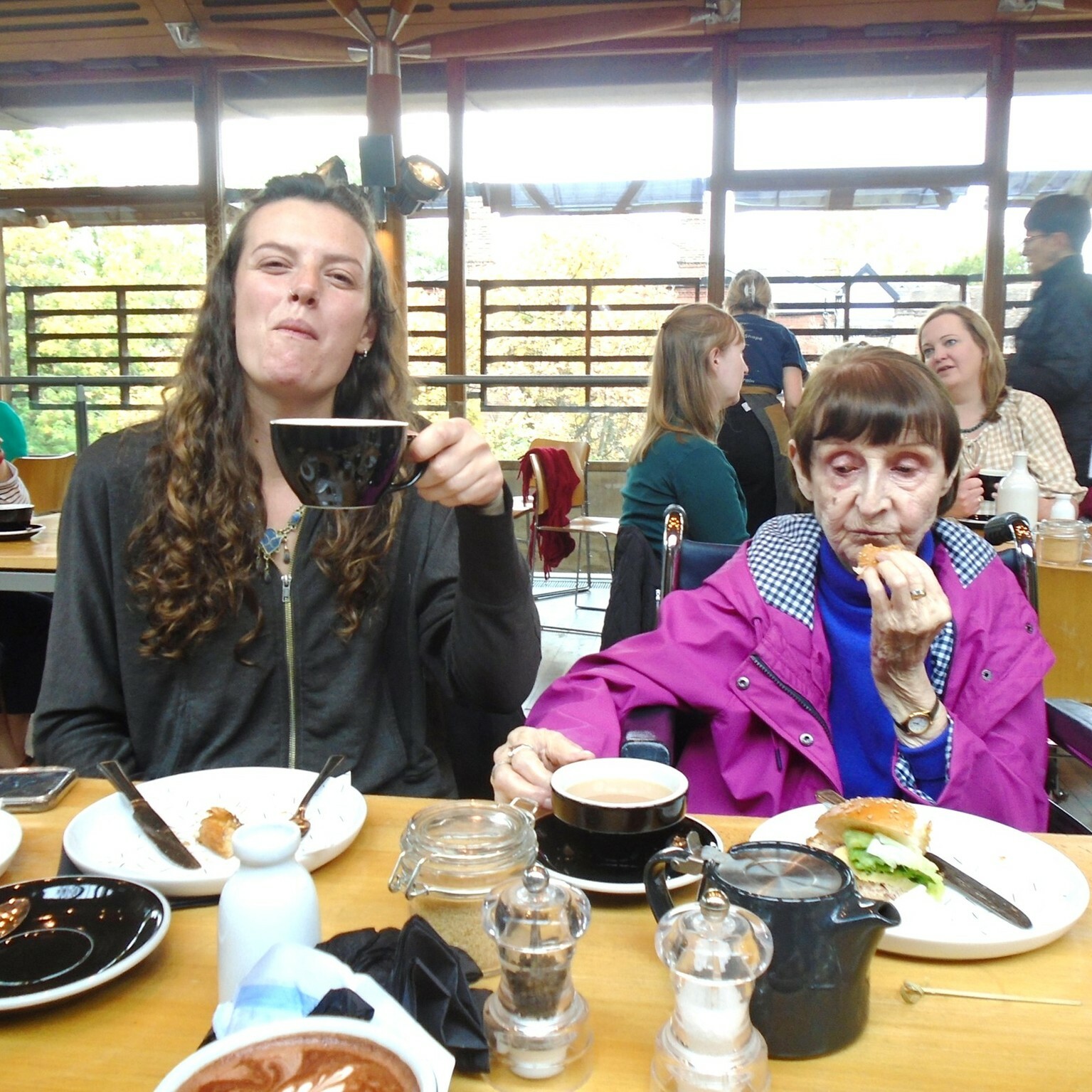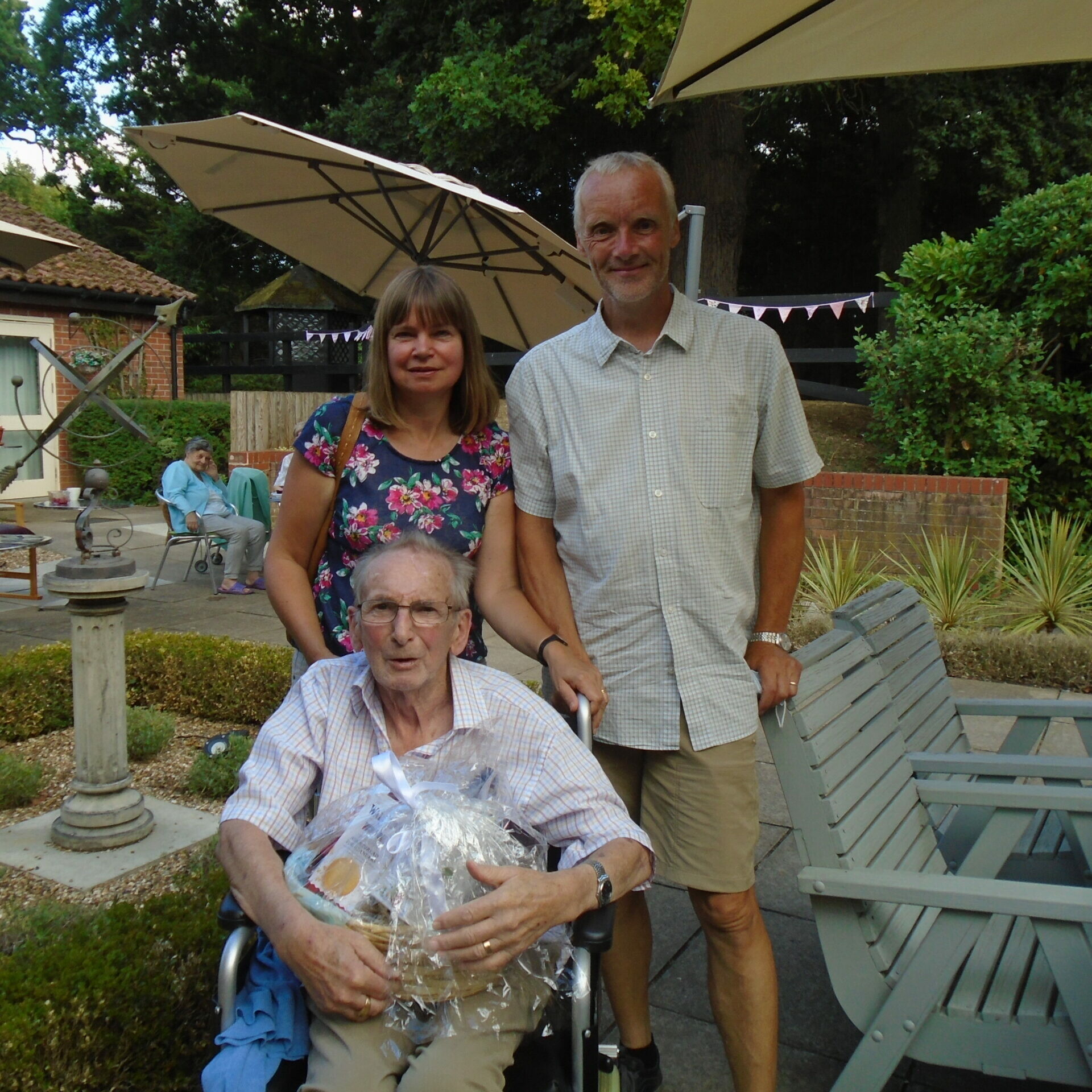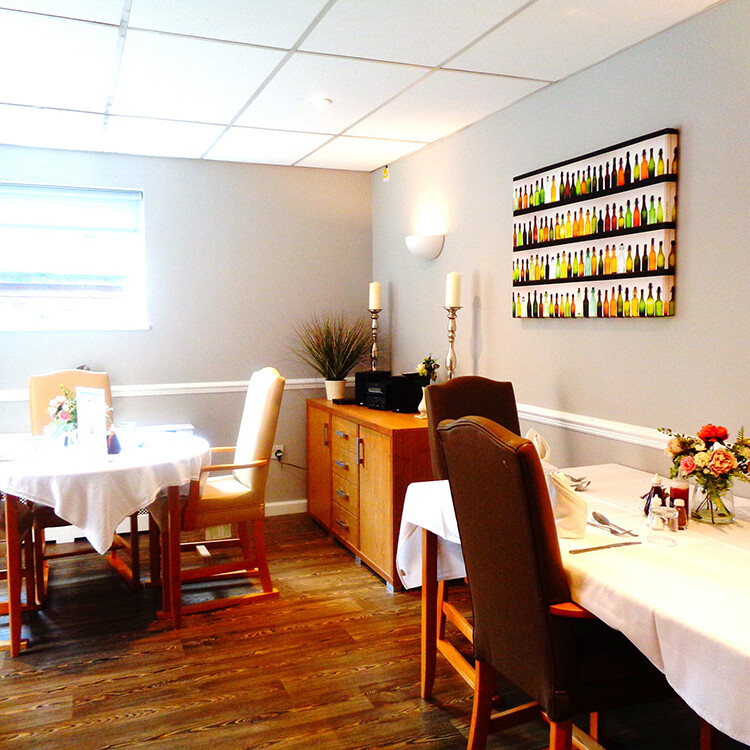Oakwood House, an award-winning care home nestled in the heart of Norfolk, is dedicated to ensuring that its residents maintain their independence while receiving the best in nursing care.
Nursing homes like Oakwood House must strike a balance between providing essential support and fostering independence in elderly individuals. This approach not only promotes a sense of control and self-esteem but also preserves the dignity of the residents.
Despite the common perception that moving to a nursing home might mean a loss of independence, quite the opposite often occurs at Oakwood House. Through a supportive environment and skilled caregivers who understand the importance of independence, residents find a renewed sense of freedom and confidence, making their stay at Oakwood House a truly enriching experience.
Empowering Elderly Individuals: Embracing Independence
At the core of Oakwood House’s approach to care is the facilitation of choice and control. Unlike the traditional nursing home models that focused on completing tasks for residents, Oakwood House recognises that this one-size-fits-all approach doesn’t align with the resident’s needs and preferences. Instead, promoting independence is seen as a fundamental aspect of care.
When individuals lose their independence due to frailty or health issues, they can feel trapped, lose self-confidence, and question their self-worth. While providing comprehensive care is important, it’s equally vital to empower residents to maintain their independence as much as possible, as this can slow the decline in their abilities.
By actively promoting independence, Oakwood House communicates to residents that they are valued as unique individuals. This fosters a sense of accomplishment and purpose in their daily lives, ensuring a higher quality of life during their stay.
Fighting the Isolation Battle Through Independence
Isolation and loneliness are major concerns among elderly individuals, especially when transitioning to a care home setting. The sense of isolation can be exacerbated by feelings of dependency and loss of control. At Oakwood House, we understand that fostering independence plays a pivotal role in combating this isolation and enhancing the overall well-being of our residents.
Let’s take a look at how this works in practice:
- Social Engagement: Maintaining independence encourages residents to participate in social activities within the care home and engage with fellow residents.
- Sense of Purpose: Promoting independence empowers residents to take charge of certain aspects of their lives. This newfound autonomy often leads to a renewed sense of purpose.
- Emotional Well-being: Independence fosters positive self-esteem and confidence. When residents are encouraged to make decisions about their daily activities, they feel a greater sense of control over their lives.
- Connection with Loved Ones: Maintaining independence also extends to residents’ interactions with family and friends. Oakwood House facilitates visits and encourages residents to communicate with their loved ones, maintaining these vital connections.
- Sense of Community: Oakwood House is more than just a care home; it’s a community that respects and values the independence of its residents. The supportive environment and tailored assistance create a space where residents can thrive while enjoying a sense of belonging.
Facilitating Independence at Oakwood House
Encouraging independence in elderly residents may initially be met with resistance, stemming from factors like fear and anxiety. Oakwood House emphasises the importance of gentle and personalised encouragement to overcome these obstacles.
Promoting independence is not a hands-free approach to care. Rather, it involves hands-on support and assistance tailored to each resident’s needs and capabilities. Safety and health concerns are always paramount, and tasks are approached with a focus on enabling independence while mitigating risks.
Here are some practical ways Oakwood House encourages independence in its residents:
- Personal Hygiene and Dressing: Allowing residents to take care of their personal hygiene and dressing with the help of aids and safety adaptations.
- Social Activities: Encouraging residents to participate in social activities within the care home.
- Excursions: Organising outings from the care home to maintain a connection with the outside world.
- Visitor Interaction: Facilitating visits from family and friends, allowing residents to play host and maintain social connections.
- Physical Activity: Tailoring exercise programs to residents’ abilities or providing opportunities for local walks.
- Daily Tasks: Supporting residents in making drinks or light snacks, giving them autonomy in their daily routine.
- Communication: Enabling residents to make and receive phone calls and use electronic devices like computers and tablets.
- Leisure Activities: Organising board games, and card games, and engaging residents in creative endeavors such as knitting for charitable causes.
- Dietary Choices: Involving residents in making choices about their diets and meal preferences.
Oakwood House Care Home: Fostering Independence and Dignity
At Oakwood House in Norfolk, we pride ourselves on providing exceptional nursing care within a framework that preserves and encourages independence. With our various levels of care, including residential care and nursing care, we can cater to the unique needs of each resident.
Promoting independence not only helps residents regain confidence and self-esteem but also strengthens the bond between our residents and staff. Everyone at Oakwood House is treated as an individual, with support readily available when needed, all while maintaining a strong foundation of care and support. In our pursuit of excellence, we are committed to upholding the independence and dignity of our residents at Oakwood House Care Home in Norfolk.
Related News
June 12, 2024
Norfolk Care Awards 2024
June 3, 2024
Oakwood House Open Day
August 1, 2023
Care home funding in England: 2023
January 27, 2023
Visit from the Chief Nurse for Adult Social Care Deborah Sturdy
December 12, 2022
Home Manager Announcement
December 6, 2022
And the winner is……
November 2, 2022
What we got up to in October
October 5, 2022
Getting ready for Autumn
September 23, 2022
Norfolk Care Awards 2022
September 12, 2022
August Activities: Cheerful month for curious minds
August 15, 2022
Summary of July activities – the month of caring
July 20, 2022











